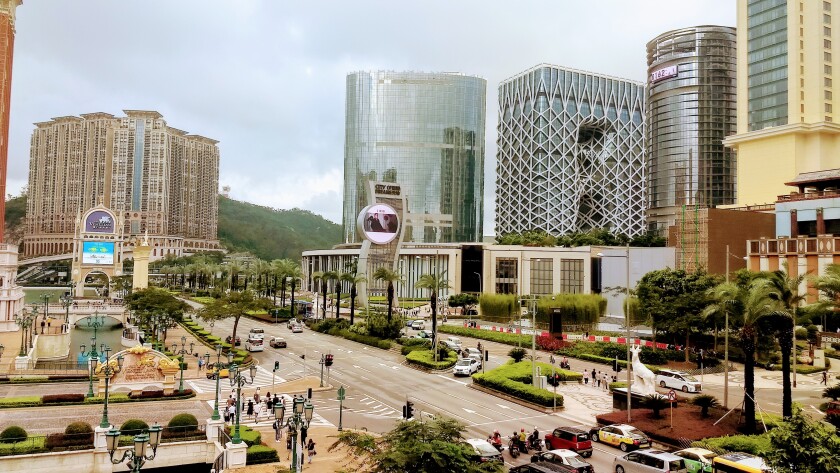As the only region in China where casino gaming is legally allowed, Macau has become a major target for individuals engaging in illegal money exchange, due to its reliance on the service sector.
These practices involve the unauthorised conversion of currencies outside the regulated channels, often related, or leading, to money laundering, tax evasion, and other illicit financial activities. The demand for currency exchange, particularly from Chinese yuan to Hong Kong dollars, is driven by the desire to gamble in casinos and by restrictions on cross-border capital flows.
Post 2022, cases have surged exponentially, especially with the rapid recovery of the tourism and gaming industry in the aftermath of the COVID pandemic, following the lifting of restrictions such as home quarantine and self-monitoring.
Illegal money exchange is often linked to other financial crimes, such as fraud and currency counterfeiting. This is because the typical way of illegally exchanging money is to agree to meet at a specific location, often in the vicinity of a casino, with one party initiating an online banking transaction before receiving the corresponding amount in cash in hand upon completion, only to later find out that they were paid with counterfeit money. Although the perpetrators may be arrested on the spot with the assistance of nearby casino security or on-site police patrols, in some instances they may also be victims themselves, unaware of the true nature of the cash they are handing out.
Although illegal, these money exchange practices were not legally considered a crime until recently. In Macau, only financial entities authorised by law and by the Macau Monetary Authority are permitted to engage in currency exchange. Individual money exchange is not legal and constitutes an administrative offence under Law 13/2023, in conjunction with Decree Law 39/97/M, and is punishable by a fine ranging between MOP500,000 and MOP5 million.
The Law on Combating Illegal Gaming Crimes
The discussion about criminalising the above activities has been going on for some time, with some suggesting that it should have been included in the new Law on Combating Illegal Gaming Crimes, as it is closely related to the gaming industry, while others insist that it should be categorised as a financial crime and should not be dealt with in a law that primarily targets illegal gaming activities.
Although the Macau Legislative Assembly initially decided against using this law to criminalise illegal money exchange during the general discussion of the first draft of the Law on Combating Illegal Gaming Crimes in February 2024, in the final draft, approved in October 2024, legislators compromised in part by criminalising illegal money exchange for the purpose of gaming.
The new Law on Combating Illegal Gaming Crimes came into force on October 17 2024 as Law 20/2024. Pursuant to Article 11, “[a]ny person who, without being legally authorised to do so, carries out an exchange of money for the purpose of gambling shall be liable to a maximum penalty of five years’ imprisonment.”
The law further presumes that money exchange activities conducted within casinos or in affiliated and neighbouring facilities are for the purposes of gaming. In addition, Article 15 prohibits convicted offenders from entering casinos for between two and ten years, not including the period of imprisonment.
Final thoughts on the criminalisation of illegal money exchanges in Macau
All in all, the criminalisation of illegal money exchange is a step forward for social order and a solution to ensure the economic and financial stability of the region. Although by itself it may not represent the end of the fight against gaming-adjacent crimes, it is, without doubt, an important step in that direction.



